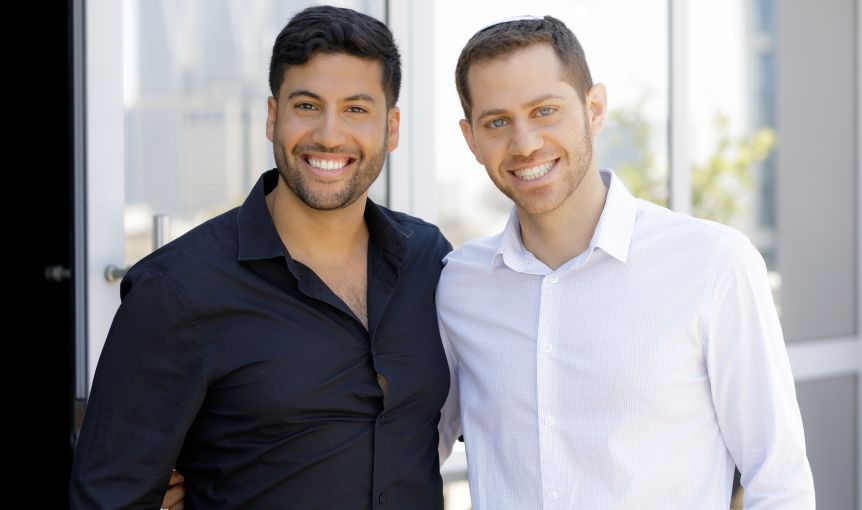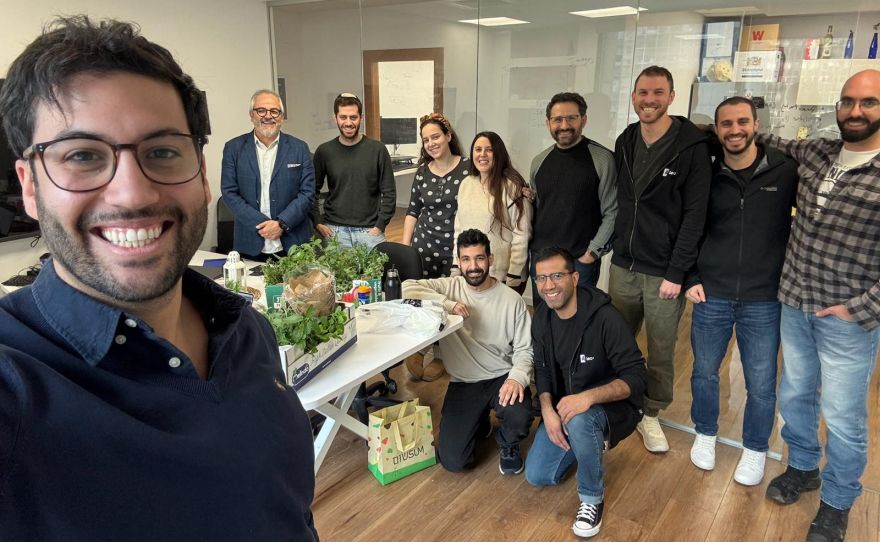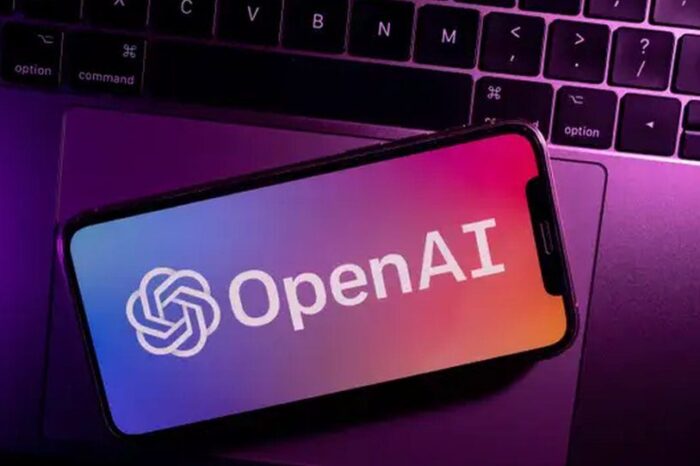Leo AI raises $9.7M backed by Google VP and a16z to transform Mechanical Engineering with world’s first large mechanical model

Mechanical engineers keep the world running — from electric trucks to jet engines — yet the tools they use haven’t changed much in decades. That gap has left engineers bogged down with repetitive tasks, losing hundreds of workdays each year searching for parts, cross-checking standards, and filling in specs. Now, a new AI startup wants to flip that script.
Leo AI, built on what it calls the world’s first Large Mechanical Model (LMM), has closed an oversubscribed $9.7 million seed round led by Flint Capital, with participation from an a16z scout, TechAviv, Two Lanterns VC, former SolidWorks CEO Bertrand Sicot, and Google VP Yossi Matias. The company says the funding will go into expanding its team, scaling into new markets, and refining its platform.
Unlike language models that string together words, Leo AI’s system treats machine parts as its basic units. It’s been trained on more than a million engineering resources — everything from sketches and parts catalogs to global standards and peer-reviewed literature. The result is an AI that can answer mechanical questions with 95% accuracy, compared to GPT’s 46%, and turn a short text prompt or sketch into detailed CAD models in seconds.
With $9.7M Seed Funding, AI Startup Leo AI Aims to Transform Physical Product Design for Engineers
That shift has already attracted customers like Scania, Siemens, HP, and Mobileye. Engineers can type simple prompts such as “show me a bolt that fits this hole,” and Leo surfaces the correct part instantly. The startup says it can reduce product development timelines by up to 70%, a potential cost saving in an industry where delays drive expenses up by more than a third.
“When I started out as a mechanical engineer, I thought I’d be designing life-saving robots and next-gen vehicles. Instead, I spent weeks just searching for parts — and that’s a harsh reality that most engineers face,” said co-founder Maor Farid. “Leo saves up to 5 hours of repetitive work each week. And, most importantly, it helps engineers get their spark and passion for innovation back.”
Leo was founded in 2023 by Farid — a Fulbright MIT postdoc, former Unit 8200 AI researcher, and youngest-ever PhD at Technion — along with AI expert Moti Moravia, a veteran of Israel’s Ministry of Defense. In its first month of monetization, the company generated $100,000 in revenue without spending on marketing, and its platform has already produced more than 475,000 3D concepts across industries like aerospace, medical devices, and transport.
Investors say the traction reflects a major opportunity. “Mechanical engineering is one of the most critical, yet underserved sectors when it comes to AI,” said Flint Capital GP Sergey Gribov. “Nearly half of all product delays are driven by siloed knowledge. Leo is addressing a truly pressing need by speeding the development process up by as much as 70%.”
The company is pitching itself as an AI layer that integrates directly with existing tools, giving engineers real-time answers drawn from their own files and standards. It also stresses that customer data never leaves their systems, a key point as data breaches tied to third-party AI tools rise sharply.
With the mechanical engineering services market expected to top $620 billion by 2032, Leo is betting that its model can do for physical design what large language models have done for text and code — only this time, the output isn’t words, but products.

Leo AI Team




